The balloon vine is a deciduous woody vine with bright green, fern-like leaves, small, white flowers and curious, inflated, fruits. It is native to tropical America and it can be found growing in forests, wetlands and along rivers. The stems climb by way of forked tendrils that have two coiled branches. The stems are 4-angled and can can grow up to 10 feet long. The fruits are inflated and three-lobed, with one seed in each lobe. The fruits resemble small balloons. They change from light green to reddish and then to light brown when mature. The seeds are round and black, with a light brown heart-shaped marking, hence the common names heartseed vine and love in a puff. It is grown as an ornamental plant and it is also used medicinally. It has a fast growth rate. C. halicacabum is grown as an annual in temperate regions and it is a perennial in frost-free regions. Zones 8b-11.
Growing Instructions
The seeds have a hard seed coat that has to be treated, or scarified, in order for water to enter the seeds so that they can sprout.
- Scarify the seeds by nicking or sanding the seed coat.
- Soak the seeds in water for several hours.
- The seeds like moist, well-drained soil. Prepare a mixture of half potting soil and half sand, perlite or vermiculite. Put the soil in a pot. Water the mixture so that it is moist but not wet.
- Put the seeds on the soil.
- Cover the seeds with a layer of soil that is ¼ inch thick.
- Water the seeds.
- Place the pots in an area with warm temperatures in full sun or part shade. The seeds take 14-21 days to germinate.
- When the seedlings are a few inches tall, they can be transplanted.




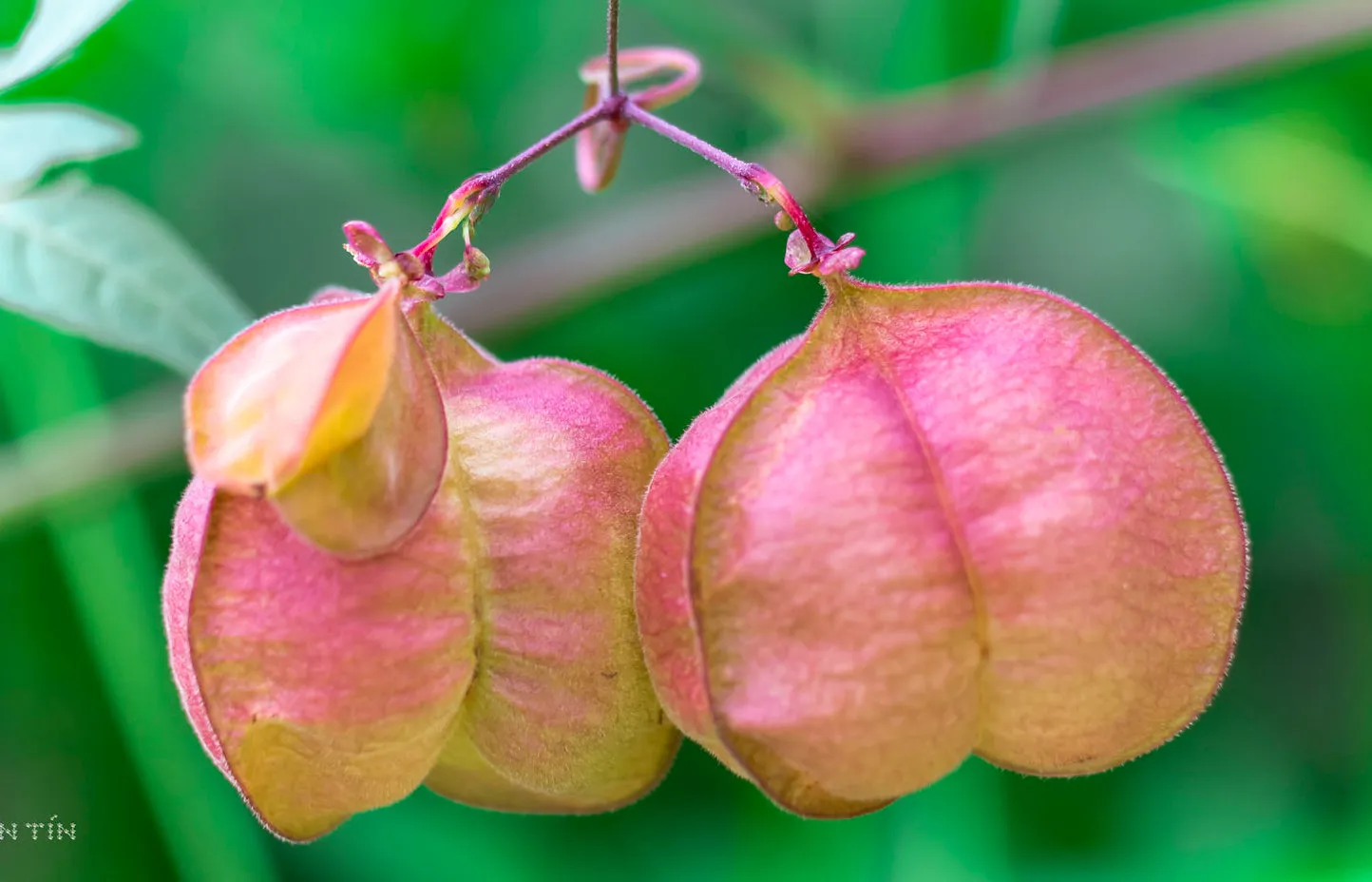
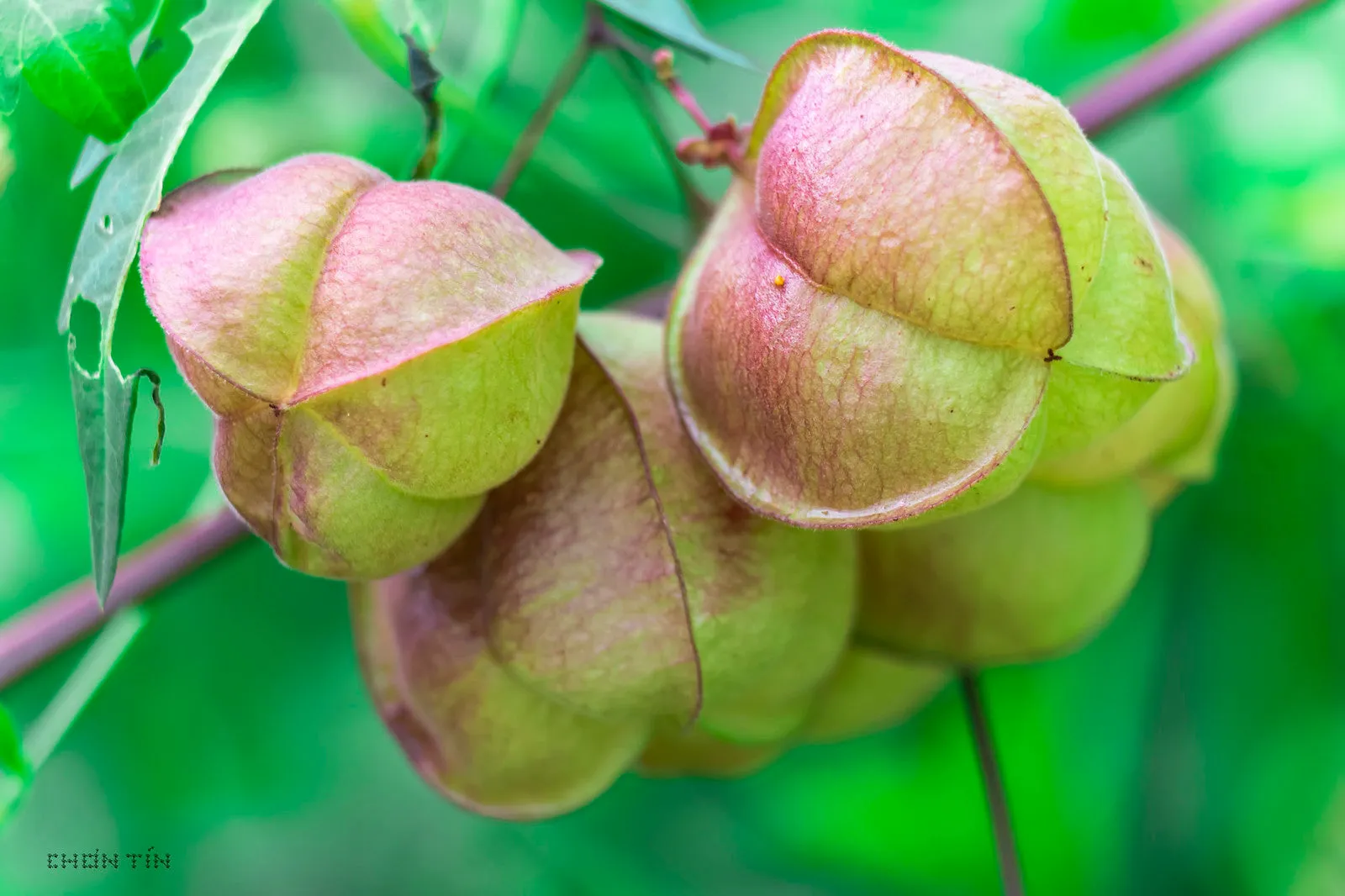
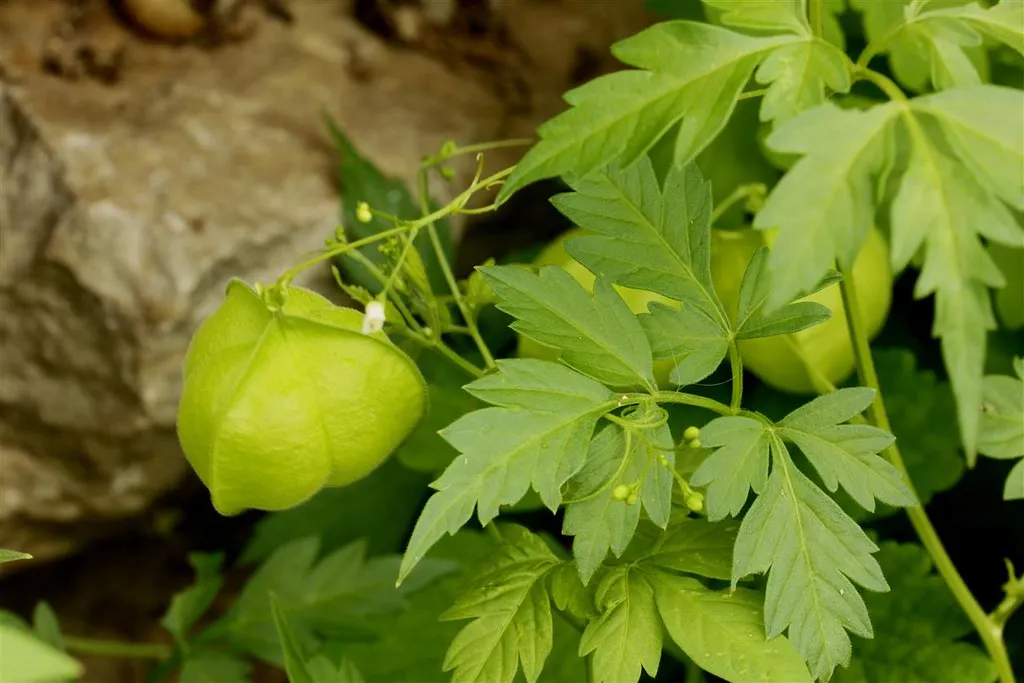
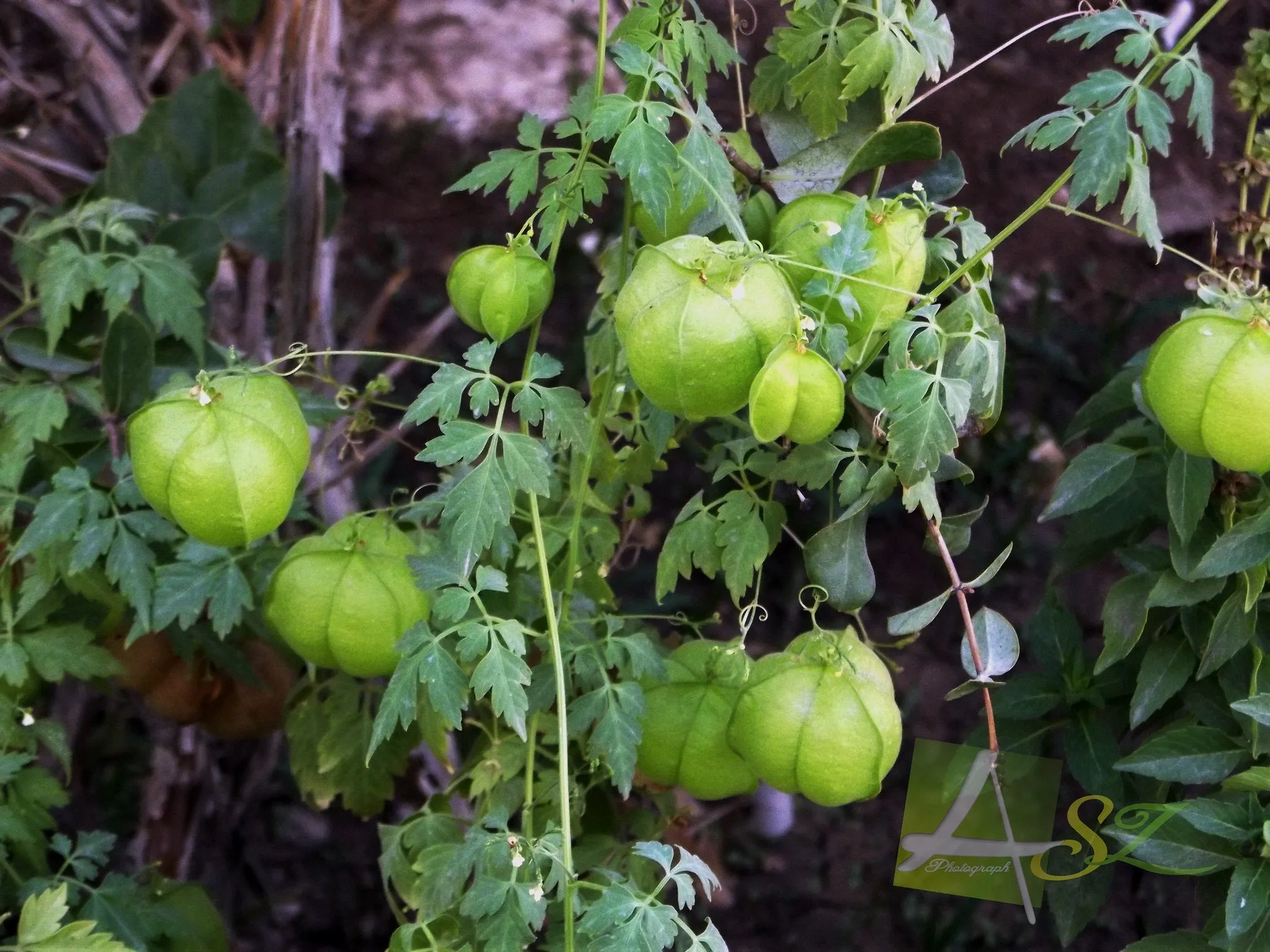
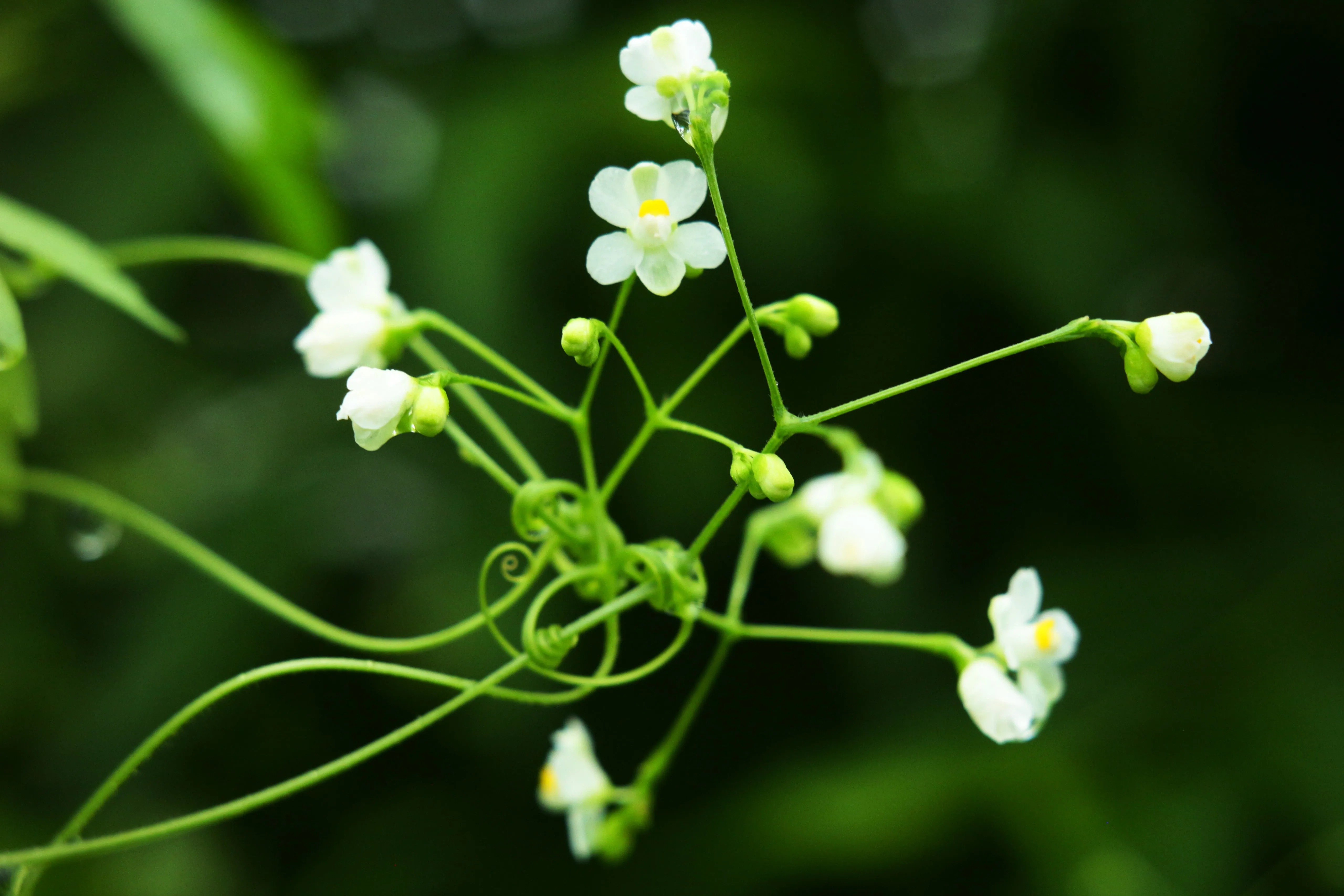
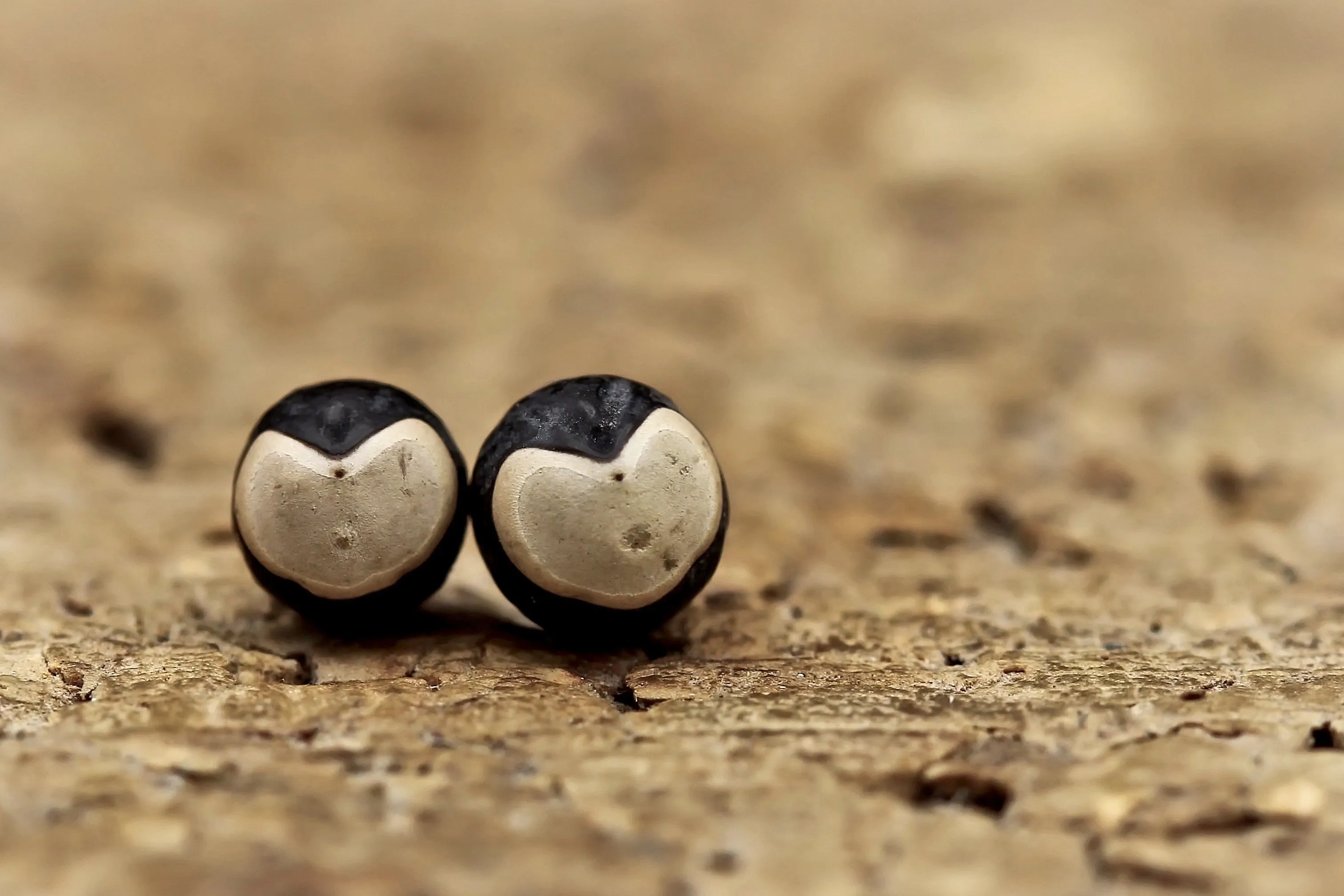


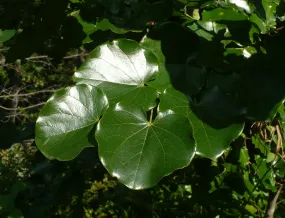
![Artillery PEI Flexible Steel PEI Build Plate for Genius, Hornet and Sidewinder X2 3D Printers [EU & UK Shipping] Artillery PEI Flexible Steel PEI Build Plate for Genius, Hornet and Sidewinder X2 3D Printers [EU & UK Shipping]](https://www.snpwwarmth.shop/image/artillery-pei-flexible-steel-pei-build-plate-for-genius-hornet-and-sidewinder-x2-3d-printers-eu-amp-uk-shipping_NuIkmd_285x.webp)






